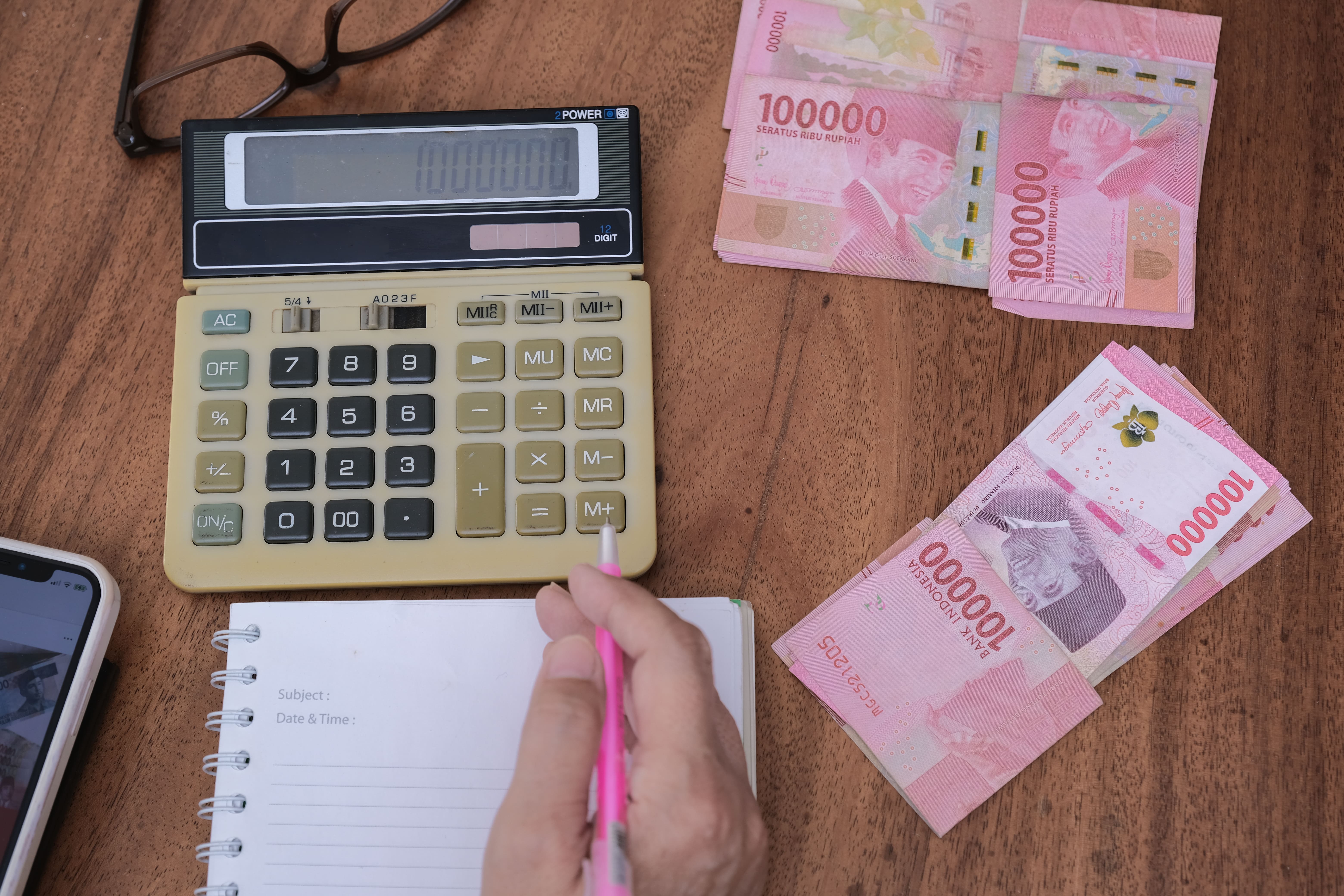Bali: Paradise for Investors or a Risk Zone?

Bali still attracts investors from all over the world — but it's crucial to remember that real estate investments here can lead to losses if legal, financial, and practical risks aren't considered. In this material, we will explain how to avoid mistakes and protect yourself.
Types of Real Estate in Bali
In practice, there are several types of real estate that typically become investment objects:
Freehold land
Can only be owned by Indonesian citizens. Foreigners cannot directly own land (Article 21 of Law No. 5/1960).Leasehold land
Foreigners can lease land for 25–30 years with the right to extend. The lease does not confer ownership rights.Villas and apartments
Usually on HGB or Hak Sewa lands. Apartments can be purchased under a strata title system only if certain requirements are met.Commercial real estate
(Restaurants, shops, hotels, etc.) — can be registered and managed through a PT PMA legal entity (foreign company) based on permits issued through the OSS and BKPM systems.
Main Risks for Investors
Legal Risks
Ban on land ownership for foreigners
Only Indonesian citizens can own land. This is prohibited for foreigners by Article 21 of the law.Nominee scheme (strawman)
Using an Indonesian's name to own land is illegal, risky, and not recognized by the state (Supreme Court regulation No. 264 K/Pdt/2010).
Financial Risks
Inflated prices and speculation
The cost is often inflated without a real market valuation or expertise.Hidden costs
Permits, licenses (IMB/PBG), certificate processing, taxes on sales, and agent commissions are often not disclosed from the outset.Mismatch of returns on investment (ROI)
Profitability calculations may not account for taxes, maintenance costs, and real occupancy rates.
Operational and Practical Risks
Lack of a building permit (IMB/PBG)
Without an IMB/PBG, the property is considered illegal, which can lead to fines or even demolition (Law No. 28/2002).
Recommendations for Protection
Always conduct a check of the property through a lawyer or notary by conducting Due Diligence.
Check all documents: land rights, IMB, PBG, lease agreement.
To legally lease or conduct business, use PT PMA.
The contract should be bilingual and notarized.
Work only with licensed agents.
Avoid nominee schemes, choose legal options (e.g., Hak Pakai, PT PMA).
Include a written guarantee of the right to extend in the lease agreement.
Comply with tax regulations: PPh, PPN, BPHTB, rental taxes, etc.
What to Pay Attention To
15–20% annual yield without real justification.
The seller or agent refuses to provide notarized documents.
Contract only in Indonesian, especially if it's only in a foreign language.
Offers of "grey" schemes or nominee.
Inability to verify the land certificate in BPN.
Lack of IMB, PBG, SLF for ready-to-build property or business license.
Real estate investment in Bali can be lucrative, but only with a competent approach. Understanding legal aspects, financial obligations, and risks will help avoid serious problems and losses.
Do not rely on promises of high returns without evidence, check all documents and work only with professionals. It's better to spend time on thorough preparation than to face unpleasant consequences.
If you plan to invest in Bali, be sure to involve a licensed lawyer and reliable specialists to protect your interests and investments.















